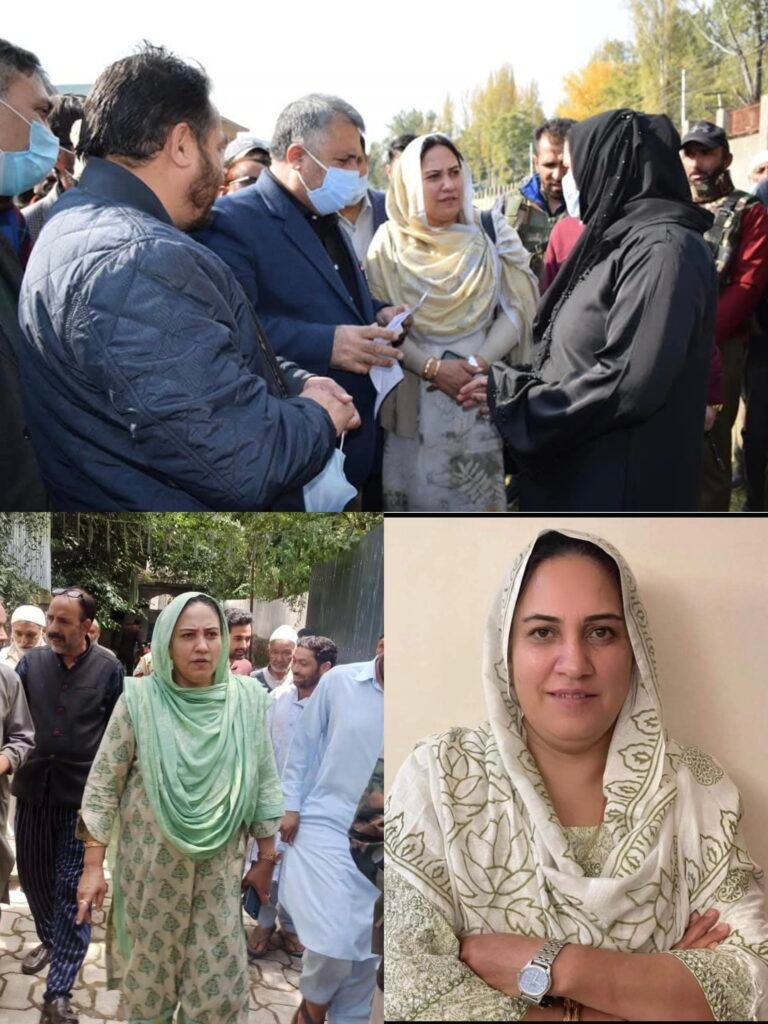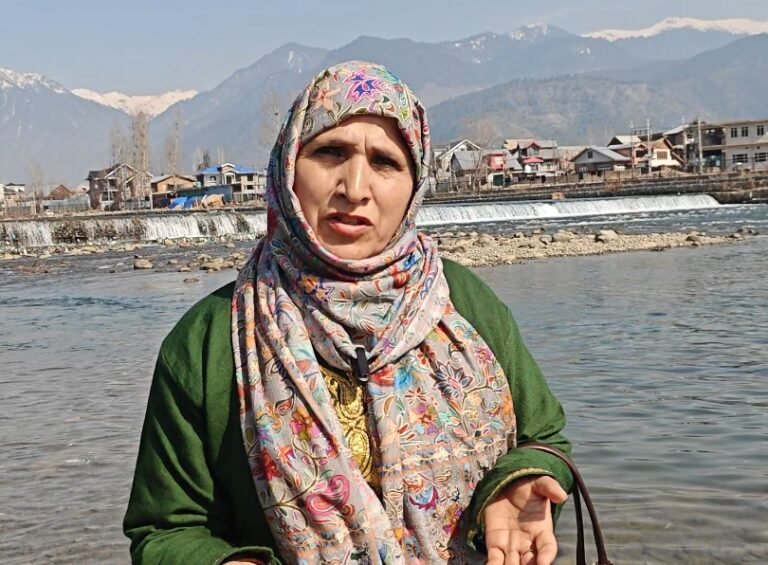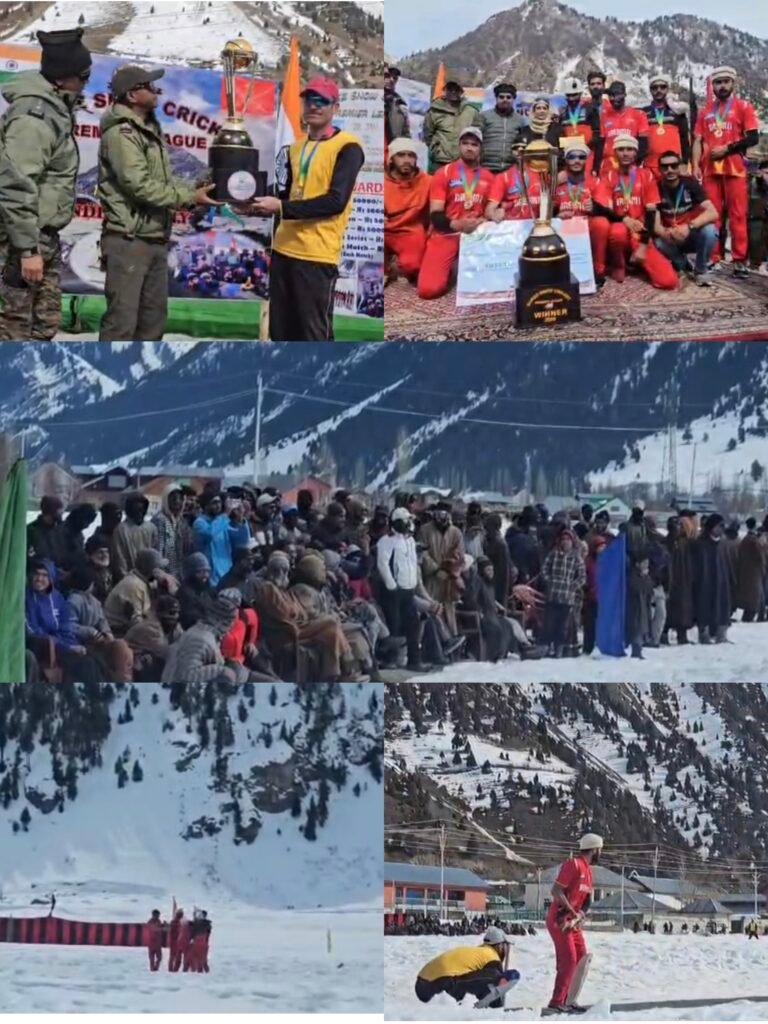
Exploring the Paradox of Dubai’s Multicultural Harmony and Its Role as a Magnet for Foreign Investment 
The Cultural Tapestry
Dubai’s streets are a living mosaic. Indian, Pakistani, Bangladeshi, Nepali, and Bhutanese expatriates form the backbone of its workforce, while Russian, European, and African communities add to its cosmopolitan flair. In neighborhoods like Deira or Bur Dubai, the aroma of biryani mingles with the sound of Arabic adhan and Bollywood music. Urdu and Punjabi are so widely spoken that visitors from South Asia feel instantly at home.
 This cultural harmony is no accident. The UAE government has long positioned Dubai as a global hub, fostering policies that celebrate diversity while maintaining social cohesion. Churches, temples, and mosques stand within blocks of one another, and interfaith dialogue is encouraged. “Living here feels like the world in miniature,” says Rajesh Kumar, an Indian entrepreneur who has called Dubai home for 15 years.
This cultural harmony is no accident. The UAE government has long positioned Dubai as a global hub, fostering policies that celebrate diversity while maintaining social cohesion. Churches, temples, and mosques stand within blocks of one another, and interfaith dialogue is encouraged. “Living here feels like the world in miniature,” says Rajesh Kumar, an Indian entrepreneur who has called Dubai home for 15 years.
The Elephant in the Room: Wealth, Politics, and ‘Black Money’
Yet Dubai’s success story is intertwined with questions about the origins of its wealth. The city’s luxury real estate market, thriving business sector, and tax-free policies have made it a magnet for global capital—including investments from South Asian businessmen and politicians. Critics argue that Dubai has become a haven for unaccounted wealth, or “black money,” from countries like India and Pakistan.

According to a 2020 report by Global Financial Integrity, an estimated $13.8 billion in illicit funds flowed out of India in 2019 alone, with Dubai frequently cited as a key destination. High-profile cases, such as the 2016 Panama Papers leak, revealed how politicians and tycoons from South Asia and beyond have used Dubai’s property market to park funds anonymously.
“Why do our businessmen invest here instead of back home?” asks Dr. Anjali Rao, an economist at Mumbai’s Tata Institute of Social Sciences. “Dubai offers stability, tax benefits, and confidentiality—factors that often outweigh the risks of investing in India’s bureaucratic and unpredictable economy.”
The Indian and Pakistani Connection
For Indian and Pakistani elites, Dubai is more than a financial hub—it’s a second home. Luxury apartments in Palm Jumeirah or Downtown Dubai are often owned by South Asian industrialists, while political figures reportedly acquire properties through proxies. The city’s “golden visa” program, which grants long-term residency to investors, has further cemented its appeal.
“Investing in Dubai is about hedging risks,” says a Pakistani real estate developer who requested anonymity. “Back home, economic instability and political pressure make it risky to park wealth. Here, your assets are safe, and the ROI [return on investment] is guaranteed.”
A Call for Accountability
While Dubai’s rise as a global city is admirable, the ethical implications of capital flight cannot be ignored. Activists in India and Pakistan argue that unchecked outflows deprive their nations of resources needed for development. “Every dollar parked in Dubai’s skyscrapers is a dollar not spent on schools, hospitals, or roads in our villages,” says Arjun Mehta, a Delhi-based transparency advocate.
The UAE has taken steps to address concerns, signing agreements with India and others to share financial data and curb tax evasion. However, loopholes persist, and enforcement remains a challenge.
Conclusion: A Global Dilemma
Dubai’s story reflects a broader global paradox. Its multiculturalism and economic success are undeniable achievements, yet its role as a sanctuary for offshore wealth raises urgent questions. For South Asian nations, the solution lies not in demonizing Dubai but in addressing systemic corruption, improving governance, and creating incentives for investors to trust domestic markets.

As the sun sets over the Burj Khalifa, Dubai continues to shine—both as a beacon of coexistence and as a mirror reflecting the complexities of a globalized world.



